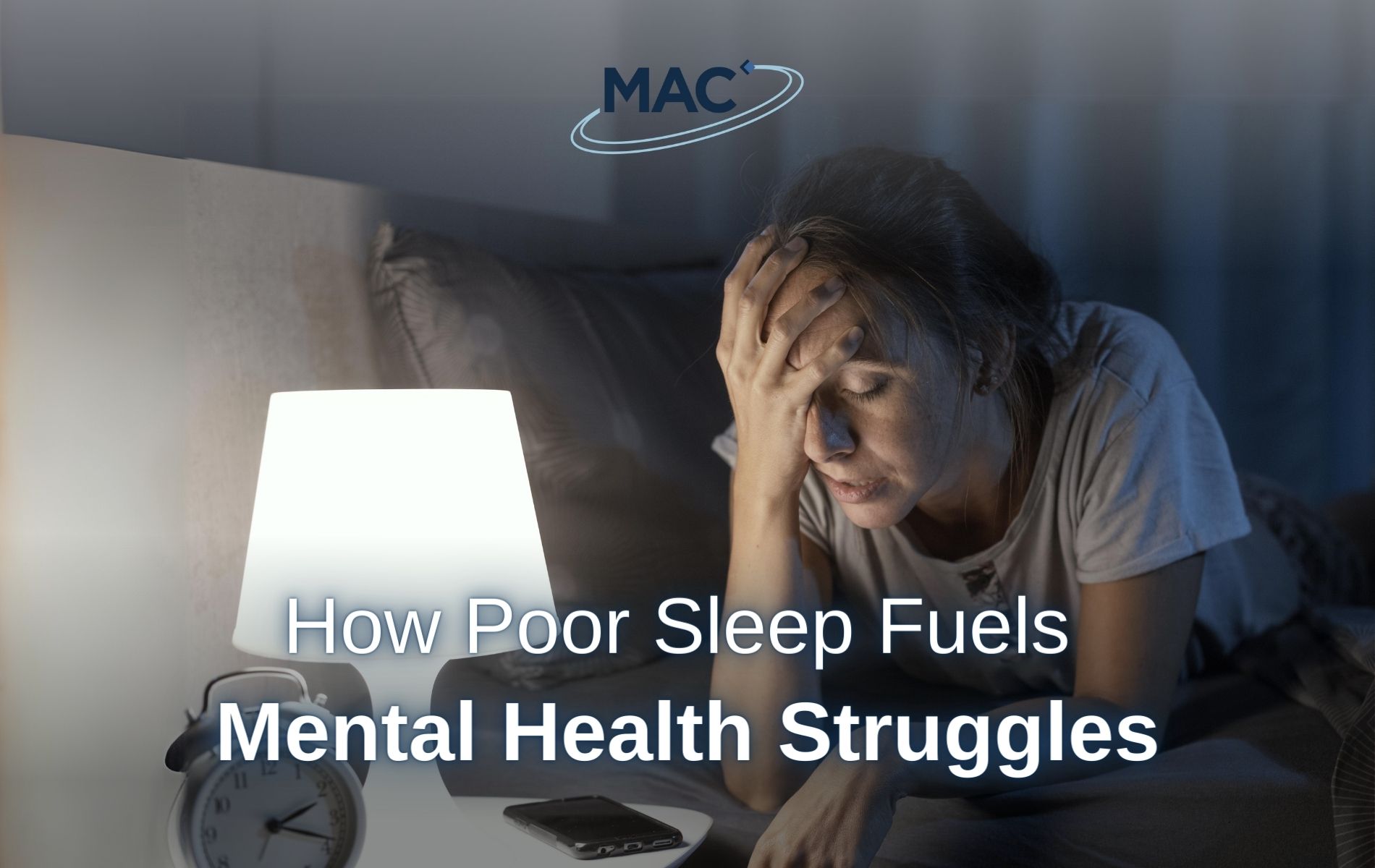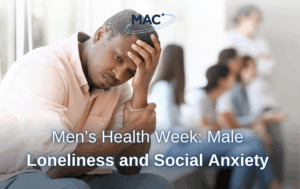In the realm of mental health, factors such as stress, genetics, and difficult life events are usually at the forefront as major factors in the onset and exacerbation of psychological conditions. However, one overlooked risk factor wields significant power: poor sleep. With Mental Health Awareness Week upon us, we want to increase understanding of the profound impact that inadequate sleep can have on mental wellbeing, especially concerning depression.
What is Depression?
Depression is a mental health disorder. Symptoms include feeling unhappy for long periods of time, feelings of hopelessness, and finding no pleasure in hobbies and interests (anhedonia), although there are many other symptoms. Around 1 in 6 adults in the UK stated they have experienced moderate to severe depressive symptoms1.
Sleep and Depression
Although sleep may present itself as a passive state, it is the time when our brains undergo crucial processes essential for emotional regulation, memory consolidation, and cognitive function. When this restorative process is compromised, as it often is in cases of poor sleep quality or insufficient duration, the consequences reverberate throughout our mental landscape.
For those battling depression, sleep disturbances are all too familiar. Approximately 40% of people with insomnia (difficulty falling asleep or staying asleep) have clinical depression, and up to 80% of patients with depression experience periods of insomnia2.
It’s often a vicious cycle: depression disrupts sleep, and poor sleep worsens depressive symptoms. At the heart of this relationship lies the delicate balance of neurotransmitters and hormones orchestrating our sleep-wake cycle and regulating mood. Serotonin, a neurotransmitter associated with feelings of wellbeing and happiness, plays a pivotal role in both sleep regulation and depression. Disruptions in serotonin levels can lead to sleep disturbances and contribute to the development of depressive symptoms.
How Poor Sleep Impacts Other Aspects of Life
The impact of poor sleep on mental health extends beyond physiological factors; it infiltrates the cognitive and emotional areas of the brain as well. Sleep deprivation compromises cognitive function, impacting on attention, memory, and decision-making abilities. In one study, evidence was found that seven hours of sleep per day was associated with the highest cognitive performance which decreased for every hour below this sleep duration3. This cognitive fog further intensifies feelings of helplessness and hopelessness in individuals grappling with depression.
How to Improve Sleep Hygiene
Addressing poor sleep is not merely about counting sheep or investing in a better mattress; it’s a critical component of mental health care. Jorge Costa, Head of Neuroscience, at MAC Clinical Research, encourages those experiencing these struggles to: “Recognise the therapeutic value of quality sleep in managing depression. Consistent sleep hygiene promotes stability, mood enhancement, and resilience.
“Prioritise routines like winding down before bed and limiting screen time. Quality sleep isn’t just beneficial – it’s essential for effective depression management and overall wellbeing.”
Other sleep practices such as establishing a consistent sleep schedule and optimising the sleep environment (by having a cool, dark bedroom, for example), can also significantly improve sleep quality.
Additionally, cognitive behavioural therapy for insomnia (CBT-I) has emerged as an effective intervention for both sleep disturbances and comorbid mental health conditions, proving more effective than certain sleeping pills in the long term4.
Living with Depression or a Potential Sleep Disorder?
As we navigate Mental Health Awareness Week, let’s remember that the road to mental wellbeing encompasses more than just managing symptoms—it involves nurturing every aspect of our health, including sleep.
If you or a loved one is living with depression, you could help researchers investigate potential new treatments. MAC Clinical Research are running clinical trials at their clinics across England and, if eligible, you could receive up to £3,263 for your time and commitment to the study. Eligible participants will also receive travel expenses and a full health check-up.
To find out more and register your interest, visit MAC’s current trials page webpage.
If you’re experiencing issues with sleep, including insomnia, MAC Clinical Research are here to support you. At our state-of-the-art sleep clinic in Merseyside, we offer sleep assessments to diagnose a range of sleep conditions, and we work with the NHS in providing sleep assessments.
The sleep clinic uses the most up-to-date sleep technology and has five individually designed bedrooms (with ensuite) to optimise the patient experience and diagnostic accuracy. Our experienced sleep technicians and clinical team monitor and analyse the data that is recorded overnight to enable the diagnosis of complex sleep disorders.
To find out more about our sleep clinic and register your details, visit our Sleep Clinic Webpage.
1 Office for National Statistics – Cost of living and depression in adults, Great Britain: 29 September to 23 October 2022
2 Sleep Foundation – Depression and Sleep
3 Communications Biology – Impact of sleep duration on executive function and brain structure
4 BMC Family Practice – Comparative effectiveness of cognitive behavioural therapy for insomnia: a systematic review






